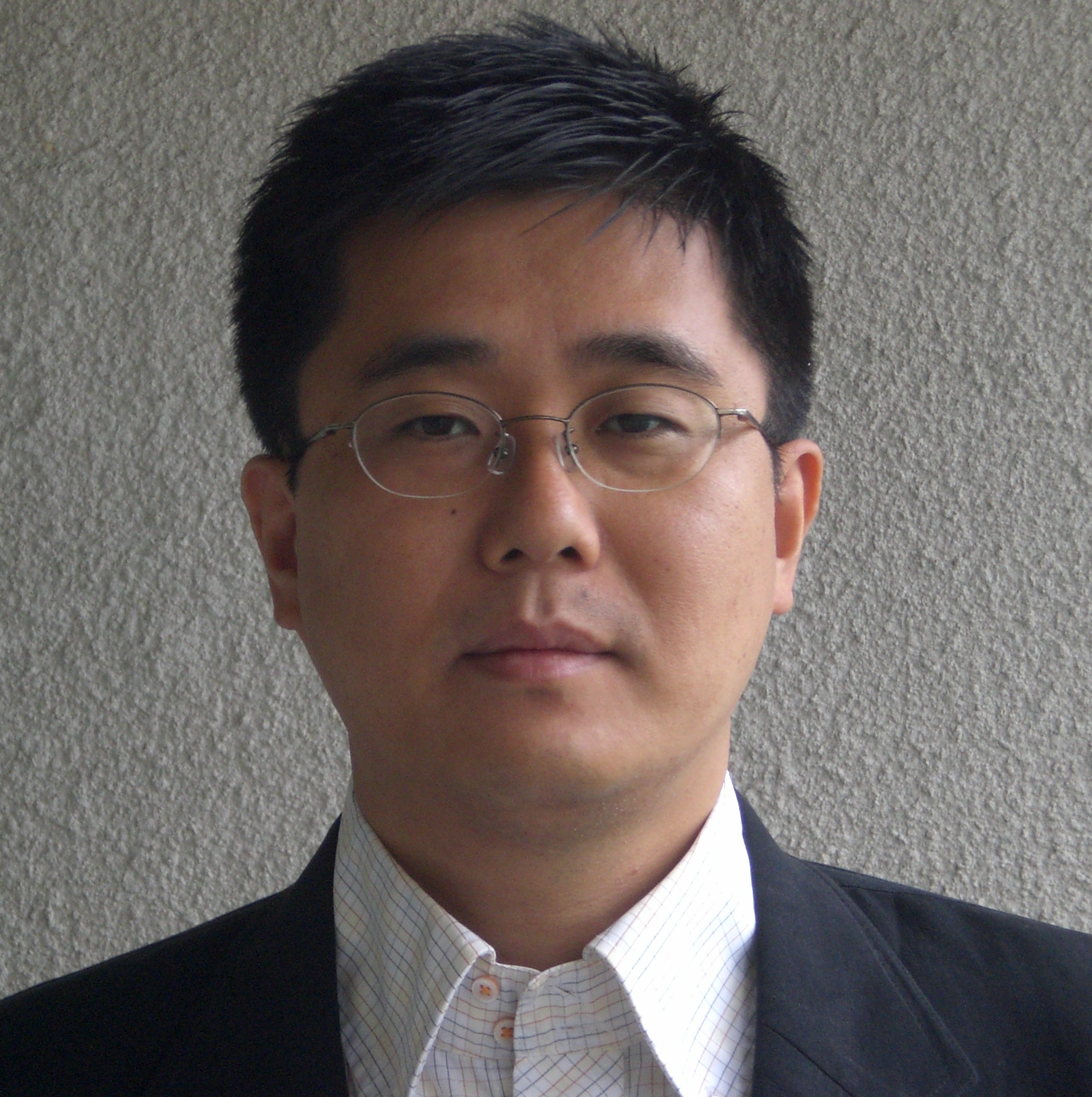Bio
Akihiro Ogawa is professor of Japanese studies at the University of Melbourne’s Asia Institute. He completed a PhD. in anthropology in 2004 at Cornell University, followed by two years of postdoctoral work at Harvard University’s Program on US-Japan Relations and Department of Anthropology. He then taught at Stockholm University, Sweden, from 2007 to 2015. His major research interest is in contemporary Japanese society, focusing on civil society. He is the author of two books: the award-winning The Failure of Civil Society?: The Third Sector and the State in Contemporary Japan (SUNY, 2009) and Lifelong Learning in Neoliberal Japan: Risk, Knowledge, and Community (SUNY, 2015). He recently edited the Routledge Handbook of Civil Society in Asia (Routledge 2017). He is writing extensively on politics, social movements, and peace.

